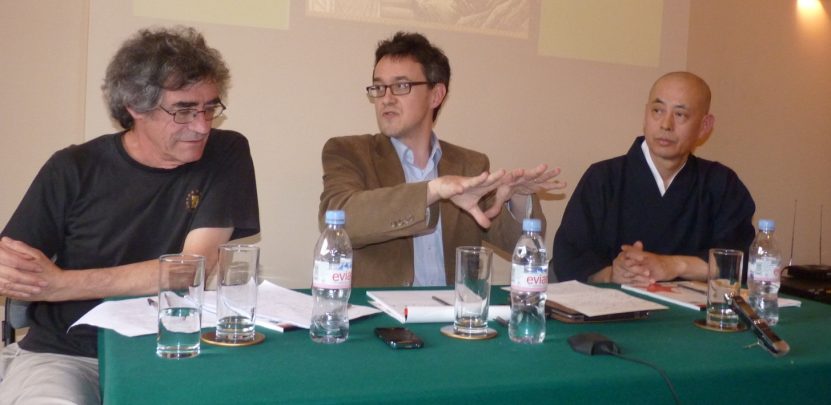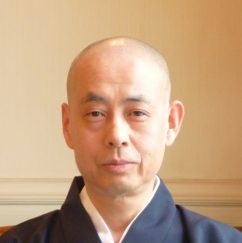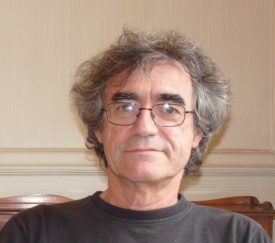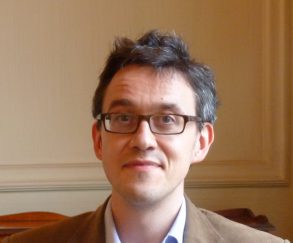 Seminar Series 2013
Seminar Series 2013Friday 28 June 2013
6:00pm – 7:30pm
Shifting Values: What is the role of religion in the internet age?
Drinks reception from 8:30pm
13/14 Cornwall Terrace, Outer Terrace, London, NW1 4QP
Organised by The Daiwa Anglo-Japanese Foundation
Interest in formal religion is low in both the UK and Japan. Most people’s involvement is confined to the marking of major rites of passage, particularly deaths, and to certain long-standing festivals (e.g. New Year and O-Bon in Japan, Christmas in the UK). Certainly the role of the church, shrine or temple as the focal point of a local community has been on the wane for some time, particularly in large cities.
Has this role now been transferred to other community gatherings, such as football matches, or even to virtual internet communities in which people with similar interests can gather? And if people no longer take their ethical guidance from religion, what – if anything – have they replaced it with? What are the prospects for organised religion in Japan and the UK? Is it just a matter of religion needing to adapt to new technologies (as American “televangelists” have successfully done)? Or is religion itself something whose time has passed?
Summary of What is the role of religion in the internet age
The video of this seminar can be viewed on YouTube in four parts :
Part One Part Two Part Three Part Four
About the contributors

Rev Sokun Tsushimoto, MD
After graduating from Kyoto University, he trained as a zen monk for 15 years in Tenryuji Monastery, Kyoto. He was authorized as a Zen Master and achieved the top of the hierarchy when he was 38, at an unprecedentedly young age. For seven years he served in the highest position of Rinzai-zen sect in Japan. Then he turned himself to the medical world and became a physician at the age of 51. Since 2010, he has been involved in clinical research of integrated medicine in London. He is keen to establish a method of supporting cancer patients and dying patients physically, mentally and spiritually. As well as teaching the practice of traditional Rinzai-zen, he has been sending out his own message through prayer from a global viewpoint.

Professor Ian Reader
Professor Ian Reader is Professor of Religious Studies at Lancaster University. His MA focused on African religious practices and his PhD was on Buddhism in Japan. He worked for five years at Japanese universities until 1989 when he was appointed Lecturer in Japanese Studies at the University of Stirling. In 1999 he became Professor of Religious Studies at Lancaster and served as Head of Department there. In 2007 he left Lancaster to become the inaugural Professor of Japanese Studies at the University of Manchester, and returned to Lancaster part time in 2012. His newest book Pilgrimage in the Marketplace which draws on research in Japan and other places over several years, will be published by Routledge in autumn 2013. He is also co-editor of a series on Religion, Travel and Tourism (Routledge). His publications include Japanese religions on the Internet: innovation, representation and authority (E. Baffelli, I. Reader, & B. Staemmler, (eds.) 2011, Routledge, New York.)

Dr Christopher Harding (Chair),
Dr Christopher Harding (Chair), is Lecturer in Asian History at the University of Edinburgh. He graduated with a BA in History, an MSt in Historical Research and then a DPhil in South Asian history, all from the University of Oxford. He researches the modern West’s cultural dialogue with Japan and India. He looks in particular at how religion, psychology, and psychiatry have become increasingly intertwined, changing the way we think about spiritual versus mental and emotional health. In 2004, he became a Daiwa Scholar and trained as a journalist with Tokyo’s Asahi Shimbun. He returned to the UK at the start of 2007 to take up his post at the University of Edinburgh. He is one of AHRC/BBC’s ten New Generation Thinkers for 2013, with contributions to Radio 3’s Nightwaves beginning in June 2013.